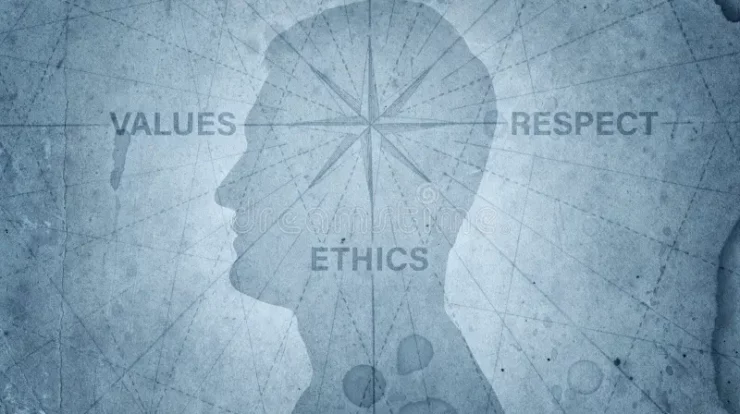
The internet connection for an average person is vital –a need of the sort a person thrives in. The type of speed depends on the connection. It is also important to know the difference before going for one.
However, to choose you must do some research on your own about the one that will work for you. This will heavily depend on your usage and location. It may also depend on the traffic present in the area of connections.
This in turn affects speed if your package is not right for you and in terms of business may result in financial losses.
Why Does Speed Matter
The internet speed is the total bundle of data packets, which is flowed through a connection at a given time. This can be broken down bit by bit. The devices are connected to the net to transfer the information from one point to the other through different packets of electronic data. While one of the packets is just a simple data unit that is sent. Everything done online depends on this transfer to happen.
The fast speed is vital to our work like gaming, streaming, going live, surfing, social media, downloading movies/software, working on software like Canva/Adobe Photoshop, etc. Nobody wants it slow; it is simply frustrating enough to break something. However, you will not have to do that if you have a good connection and a plan that works for you. For example, Xfinity internet plans operate on new tech and provide high-speed internet because they believe in providing great service, which means speed in their line of business. Likewise, many other ISPs in the USA believe in this philosophy.
As the world moves toward virtual space and deeply embeds in it, the need for higher speeds like fiber optics will be a must as the past options do not offer such speed while at present fiber optics isn’t fully developed. It has in short become a necessity that needs continuous innovation.
5 Basic Types Of Broadband Internet
- Dial-up
- Satellite
- DSL
- Cable
- Fiber
Dial-up
It is the slowest type and due to a technology that has become obsolete, it is rarely used even if present. Thus, here I take the liberty to avoid going into detail, as it is not useful and will not work even if it is used.
Satellite
Although the internet is supplied wirelessly to the receiver, cables are still required to transfer the signal from the reception such as the dish on Earth to the satellite in space which is geostationary (meaning it moves with Earth’s orbit) to various spots within the area. It is available in practically any place in the United States since it is wireless. Satellite internet provides the comparable capacity to DSL and cable, although it can frequently seem slower owing to latency, which means a longer wait time.
DSL
DSL is a wireline transmission technology that is used to send data quickly over standard copper telephone connections placed in homes or workplaces. It has a broad range of speeds available, from Kbps to Mbps (million bits per second), however, it cannot perform at Gbps (gigabit per second).
Cable
A cable modem/router is a sort of service that allows cable operators to provide broadband utilizing coaxial cables to carry TV programming and sound while also enabling internet access over the same cable.
Fiber
The Fiber-optic tech helps make the electrical signals, which move data over light and send it to the transparent fiberglass. This wire is much like the average hair of a human being. Fiber carries data at rates much above present DSL or cable modem speeds,
Some Tech Terms To Know
- Latency
It is the time for the signal to make a circular journey from your computer in use to the ISP and back to the device.
- Ping
It is a signal, which is used to test the latency.
- Ping Rate
It is the measure of latency, which is usually in milliseconds.
- Lag
The lag is the result that comes from the latency.
- Upload Speed
The upload is vice versa of the download. It is the speed that goes from your device connected to the internet to the internet. Therefore, for example, if you post to Facebook, it will take time to get to the companies server and then be online so your friends can view it.
- Download Speed
The speed at which information moves from the internet to your internet-connected device is referred to as download speed. If you use the Facebook app on your phone, for instance, your download speed will affect how long it takes to load your feed.
Is High Ping Good?
Ping sounds nice but the lower the better. The higher rate means it takes longer and the wait times are rising such as waiting for a browser to load or Netflix to login. Nevertheless, no one, and I mean no one likes to wait. Internet options like satellite or some cable may have a high rate but it also depends on locations and weather conditions.
To Conclude
Now that you know the types, we hope the answer is easier. Go safe with fiber optics but see if it is available and then ask for the cable internet. Bundling reduces the cost. It is also important to know the speed that you now need. You do however need to see what works for you. Good luck!


